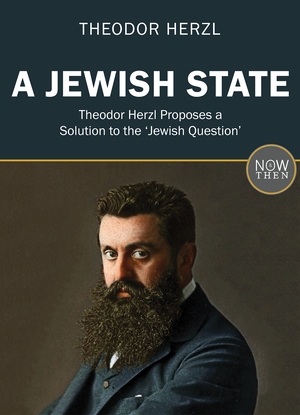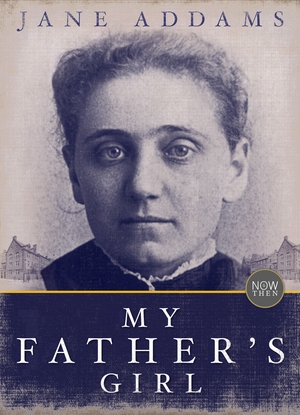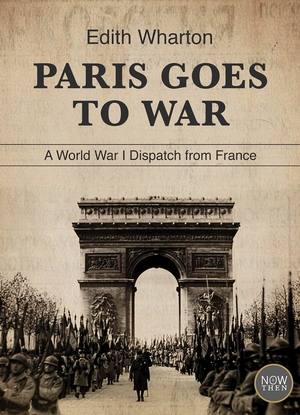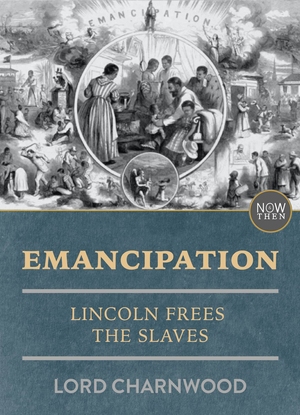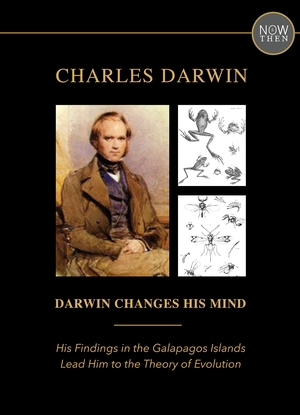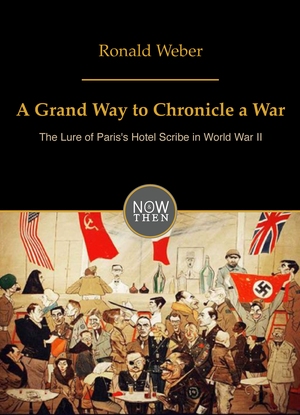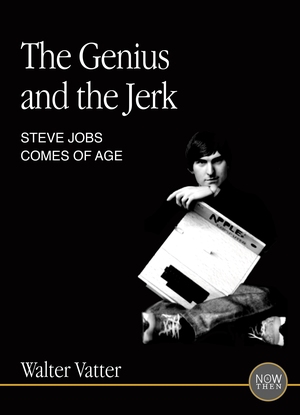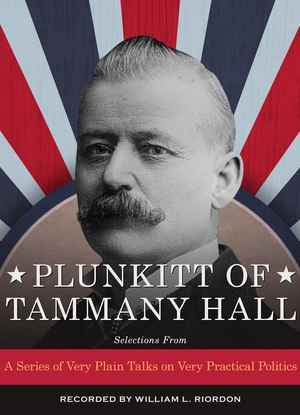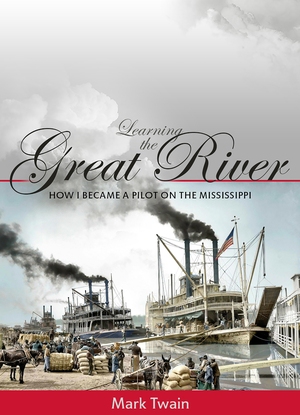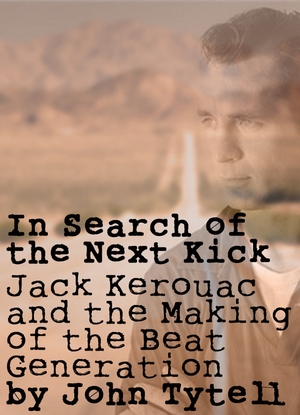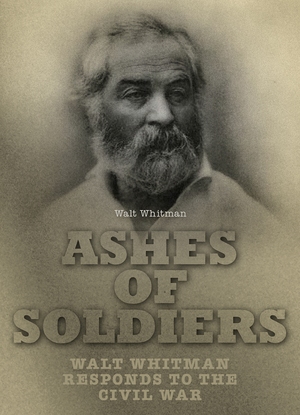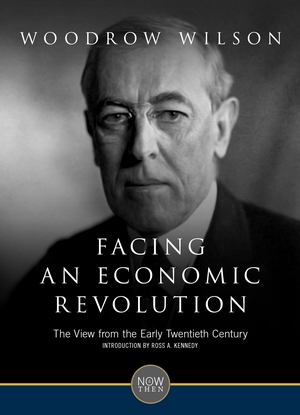Nonfiction Books and Essays
Featuring good writing for serious readers, Now and Then short-form nonfiction books and essays are available exclusively as Kindle books, Nook Books, iPad books or ebooks for other popular mobile devices.
Each week, we publish original titles, excerpts from forthcoming books, and reprints of work worthy of being read again. We focus on writing that is historically based but also has relevance for present day events.
Our latest titles can be found in the list below.
How I Became a Pilot on the Mississippi
by Mark Twain
American HistoryA Mississippi steamboat pilot needed to know every twist and turn and sandbar of the ever-changing river to navigate it safely. Sam Clemens studied the Mississippi’s two thousand miles for more than two years before he received his steamboat pilot license in 1859. The occupation gave him his pen name, Mark Twain, from "mark twain," the cry for a measured river depth of two fathoms. In these excerpts from Life on the Mississippi, Twain’s memoir of his experiences on the great river, he recalls his adventures—and misadventures—in learning to be a pilot.
Jack Kerouac and the Making of the Beat Generation
by John Tytell
United States History, American History, U.S. History, BiographyJack Kerouac’s On the Road in 1957 burst onto a fifties America supposedly safe and stuffy, and announced the coming of the “beat” generation. This new and wildly disorganized view of life seemed to extol amorality and self-gratification. Here is an insightful mini-biography of the beats’ icon.
Steve Jobs Comes of Age
by Walter Vatter
American History, BusinessWas Steve Jobs a genius with a nasty personality, or simply an expert huckster? Walter Vatter explores Jobs’s early years—his family life, education, personal relationships, technological smarts, and important decisions—and in the process questions the nature of success in America.
The Lure of Paris's Hotel Scribe in World War II
by Ronald Weber
History, JournalismIn 1944, after the liberation of Paris, the Hotel Scribe became Allied press headquarters in Europe. Through the Scribe’s portals, with its hot baths, good food, and comfortable bar, passed the cream of wartime journalism as well as its foot soldiers--a fascinating scene behind the front lines.
A World War I Dispatch from France
by Edith Wharton
European HistoryAfter a painful divorce in April 1913 and fifteen months of travel, Edith Wharton found herself in Paris, where she had long been a familiar presence. By August 4, 1913, the Great War had begun in Europe; Wharton viewed France’s entry into the war as curiously idealized and abstract. Upon the order for General Mobilization, she found no panic, no tumult, not even much excitement in the streets, only a sense of political and social unity and a quiet readiness for what lay ahead. But the Paris she knew, its look and its atmosphere, was nonetheless totally and suddenly changed.
Walt Whitman Responds to the Civil War
by Walt Whitman
American HistoryFor three years during the Civil War, Walt Whitman was a voluntary visitor and “consolant” to the wounded soldiers in Washington hospitals. His record of ministering to young soldiers in their critical moments of courage and suffering is one of the most tender accounts of war’s consequences.
The View from the Early Twentieth Century
by Woodrow Wilson
United States HistoryIn the 1912 presidential election, Woodrow Wilson spoke to Americans at a pivotal moment in the development of the American economy. A world of individual competition and small-scale capitalism was being overtaken by a new reality of labor unions and large-scale corporations. Wilson attacked irresponsible big business and warned that regulating it would not alone solve America's problems. He saw corporate power as a threat to freedom, to be countered only by government intervention in the economy.
